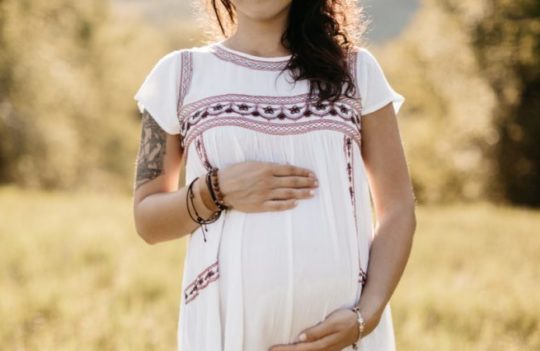Anti-bleeding drug could prevent death after brain injury
BBC News reports that a “cheap drug could save thousands of lives a year”. This follows a large trial, carried out across 29 countries, which used the medicine tranexamic acid to treat people with traumatic brain injury. Tranexamic acid helps to stop bleeding by enabling blood to clot. It comes as a tablet or as


Most Commented